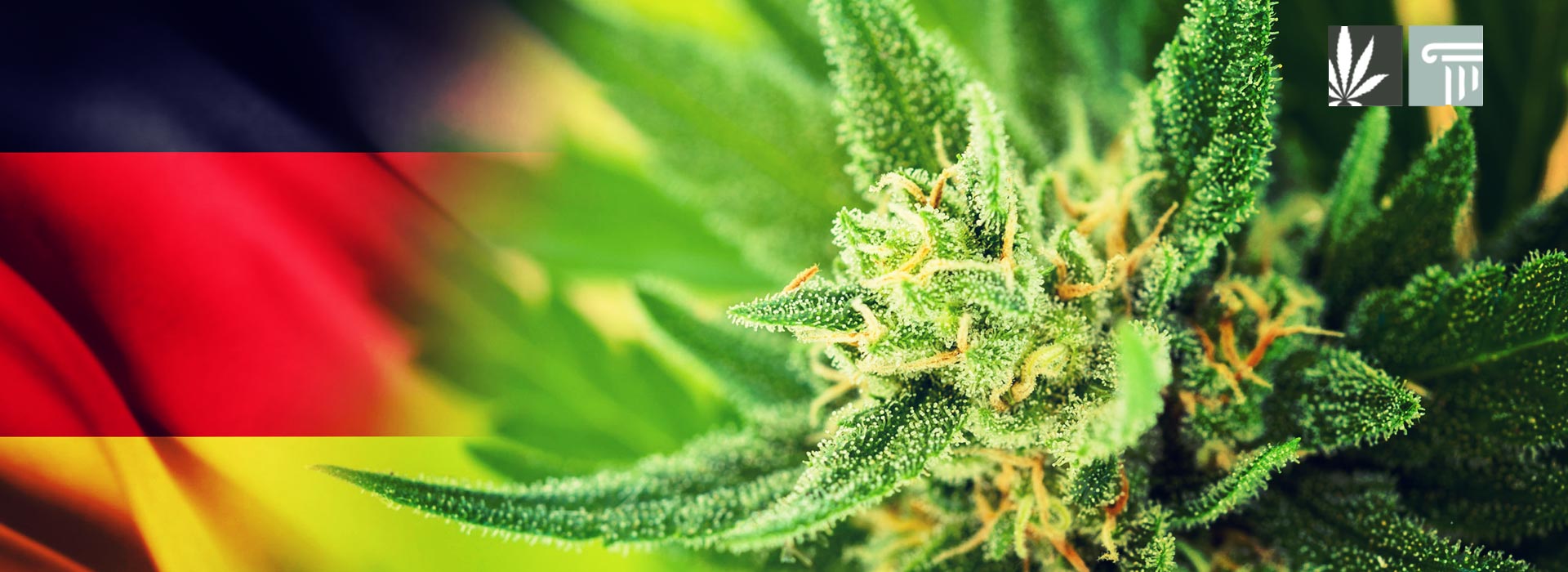Germany’s incoming coalition government has pledged to legalize cannabis and pursue a broader harm reduction policy regarding drug use.
Rumors that the leaders of the governing parties – the Social Democratic Party of Germany (SDP), the Free Democratic Party (FDP) and the Greens – were considering marijuana legalization began last week while they met to discuss their their coalition platform.
Now, the parties have unveiled their 118-page coalition agreement and it includes a commitment to legalizing cannabis.
“We are introducing the controlled supply of cannabis to adults for consumption in licensed stores,” the document reads, according to an internet translation. “This controls the quality [of marijuana], prevents the transfer of contaminated substances and guarantees the protection of minors.”
Under current German law, cannabis possession in decriminalized and the use of medical marijuana is permitted for qualifying patients with certain conditions.
The incoming coalition government intends to take this further and implement a system of regulated cannabis sales for recreational use. The agreement details that the social impact of marijuana legalization will be assessed four years after a legal market is established.
5️⃣ Kooperationsgebot statt Verbot
6️⃣ Planungsverfahren entbürokratisieren, digitalisieren, beschleunigen
7️⃣ Startups fördern
8️⃣ Easy Tax
9️⃣ Wahlalter 16
🔟 219a wird abgeschafftDas ganze Papier findet ihr hier 👇🏻 https://t.co/XfEbkQ7P99
— Fraktion der Freien Demokraten (@fdpbt) November 24, 2021
The agreement also lays out other drug policy reforms, including the creation of sites where people can bring illicit drugs to have them tested for safety without the threat of criminal charges.
The legislation the governing coalition intends to bring forward will also include provisions that will restrict cannabis advertising, as well as further restrictions for alcohol and tobacco products.
“We are tightening the regulations for marketing and sponsoring for alcohol, nicotine and cannabis. We constantly measure regulations against new scientific findings and use them to align health protection measures,” the agreement reads.
In a statement on the move, leaders of the coalition parties said the purpose of legalizing cannabis is not to generate tax revenue. That said, the FDP indicated in its election manifesto that cannabis taxes could bring in around €1 billion to state coffers each year.
Serious discussions on legalizing recreational cannabis in Germany first took place in 2017, when the governing Christian Democratic Union and its partners the Christian Social Union spoke about bringing legislation forward with the Greens and the FDP. While that didn’t happen, medical marijuana was legalized that year.
German police unions have consistently objected to plans to legalize cannabis.
Meanwhile, neighboring Luxembourg is pressing ahead with its own legalization plans. Two top lawmakers filed a bill to legalize adult-use marijuana possession and cultivation for personal use, which Parliament is expected to approve.
Should either Germany or Luxembourg approve marijuana legalization, it would be the first European country to do so. Uruguay and Canada were the first countries in the world to legalize recreational marijuana, and Mexico is expected to join them soon with a vote on a bill to regulate cannabis sales scheduled in a few weeks time.






